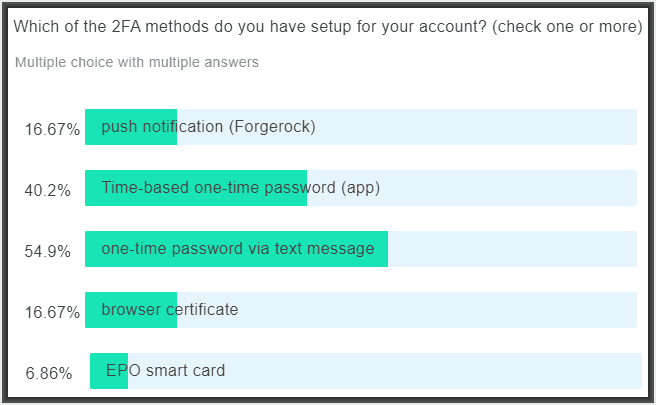
The National Institute of Industrial Property of Argentina (INPI) had already been trendy, modern, and up-to-date, having joined the DAS system on October 1, 2019 (blog article). Today’s news is that INPI has become even more trendy, modern and up-to-date. It now participates in DAS in more ways. Continue reading “Argentina intellectual property office becomes more trendy, modern and up-to-date”


